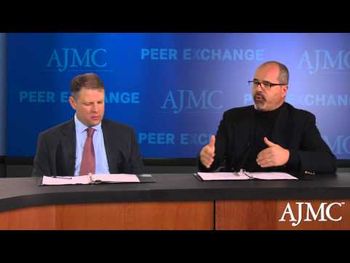
Insurance
Latest News

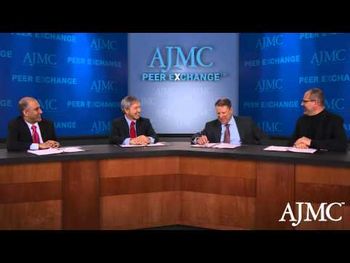
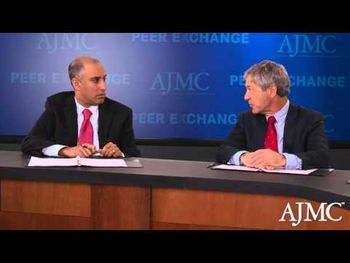
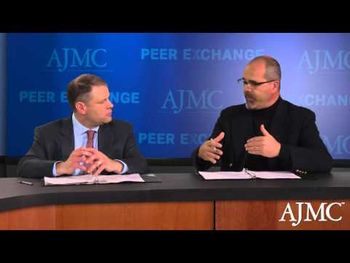

A new payment model through the Affordable Care Act seeks to decrease cardiovascular disease for tens of thousands of Medicare beneficiaries by assessing patient risks for heart attack and stroke and then helping them to reduce those risks.

A study of more than 195,000 Medicare clients who were in the hospital for observation in 2010 found that only a tiny fraction were discharged to a skilled nursing facility, and fewer still had their care covered by Medicare. The findings have implications in light of the two-midnight rule and other policies that may not affect large numbers of beneficiaries, but can have a sizable impact on those who are affected.

On January 1, 2015, the Centers for Medicare & Medicaid Service (CMS) introduced 4 Healthcare Common Procedure Coding System modifiers, known collectively as the - X(EPSU) modifiers, as a subset of Current Procedural Terminology (CPT) modifier 59 (distinct procedural service).

A bipartisan effort reintroduced legislation that would establish a demonstration in Medicare Advantage to evaluate the use of value-based insurance design's ability to reduce copayments and coinsurance for some Medicare Advantage beneficiaries, reported the University of Michigan Center for Value-Based Insurance Design.

A discussion on meaningful measurement and driving greater value in healthcare, and the role of the National Quality Forum.

While there's been controversy around the drug discount program for some time, the Health Resources and Services Administration plans to release a "mega-guidance" that will address several aspects of the 340B program.

The authors discuss the success of the Pioneer ACO model and the Comprehensive Primary Care Initiative, among others. They outline an agenda that includes engaging managed care stakeholders, so that both public and private payers are moving toward value-based payment.

ASCO says that it's Patient-Centered Oncology Payment model meets the criteria for an Alternative Payment Model as defined by Congress in the Medicare Access and CHIP Reauthorization Act of 2015, which replaced the Sustainable Growth Rate formula.

The article, published in the Journal of Hospital Medicine, found that large urban hospitals that serve as a safety net for patients with lower socioeconomic status, are at a disadvantage due to factors outside of their control.

Karen Davis, director of Roger C. Lipitz Center for Integrated Health Care at Johns Hopkins University, says increasing resources available for home treatments and services and support for family caregivers of the elderly and those with debilitating diseases might work to reduce reliance on costly nursing homes for those afflicted.

The use of an 80% threshold or other binary cut point may be insufficient for characterizing the relationship between medication adherence and Medicare spending.

If adopted, the active surveillance threshold would give physicians a tool in the management of men with localized prostate cancer and could spare many aggressive therapy or radiation and its side effects.

In 2014, Medicare telemedicine reimbursement totaled $13.9 million, a number that has steadily increased since 2008, according to the Robert J. Waters Center for Telehealth and eHealth Law.
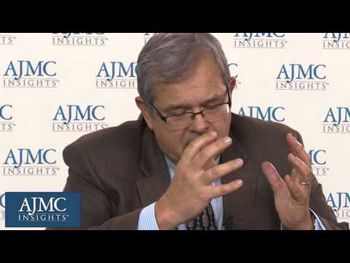
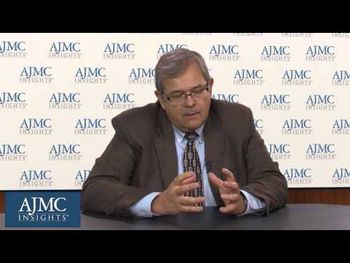
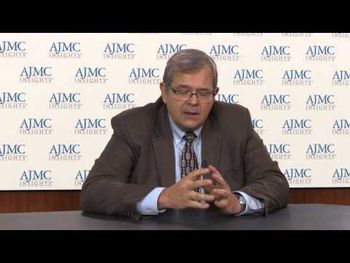
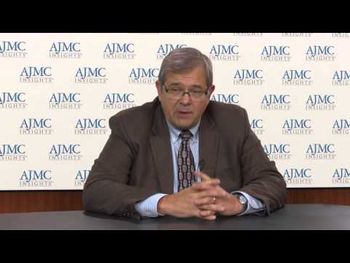

This study examines factors impacting the receipt of an outpatient colonoscopy by VA or non-VA providers in older veterans dually eligible for VA/Medicare benefits.

Only 1.2% of community-dwelling Medicare beneficiaries who received hospital-based observation services in 2010 were discharged to an SNF not covered by Medicare.

The average per capita spending difference between people with and without diabetes was $10,310 from 2009 to 2013, according to a new report from the Health Care Cost Institute.

Designed to improve physician payment, the Medicare Access and CHIP Reauthorization Act of 2015 is a step in the right direction, and certainly better than the alternative, but it's not magic and it's not enough.









